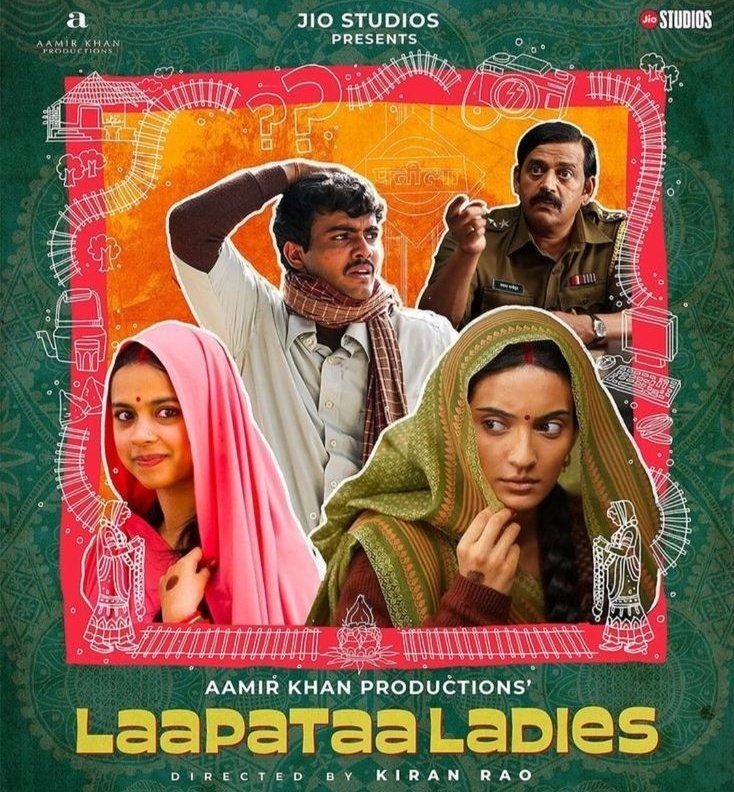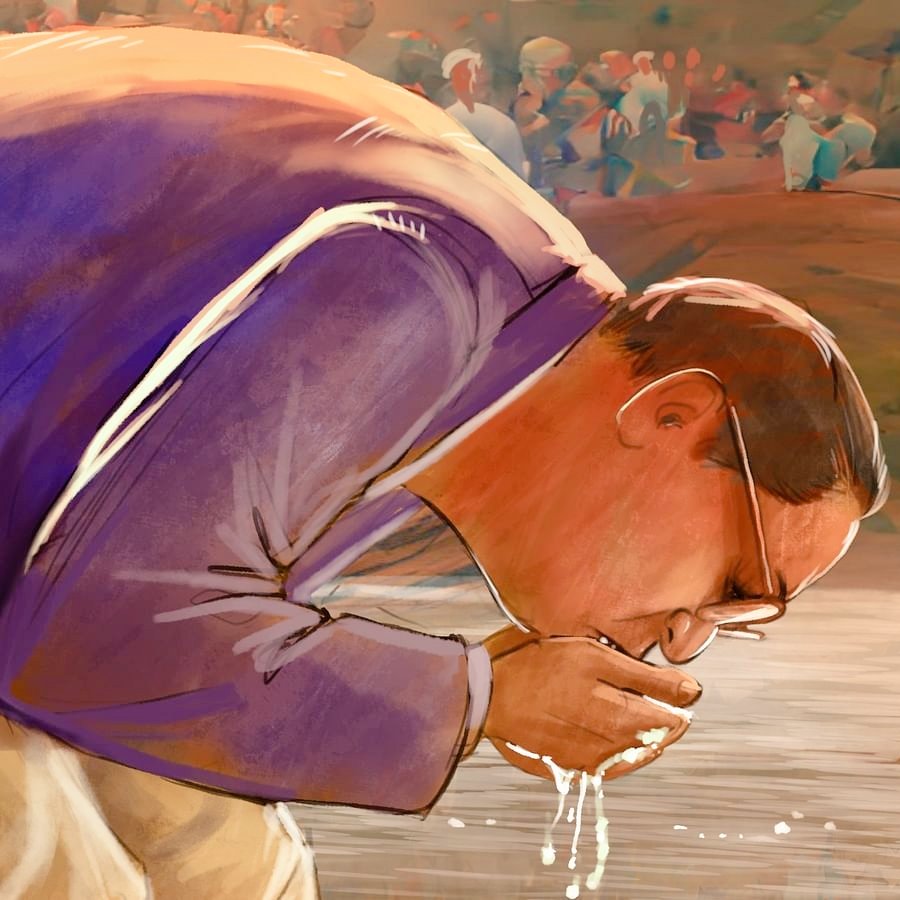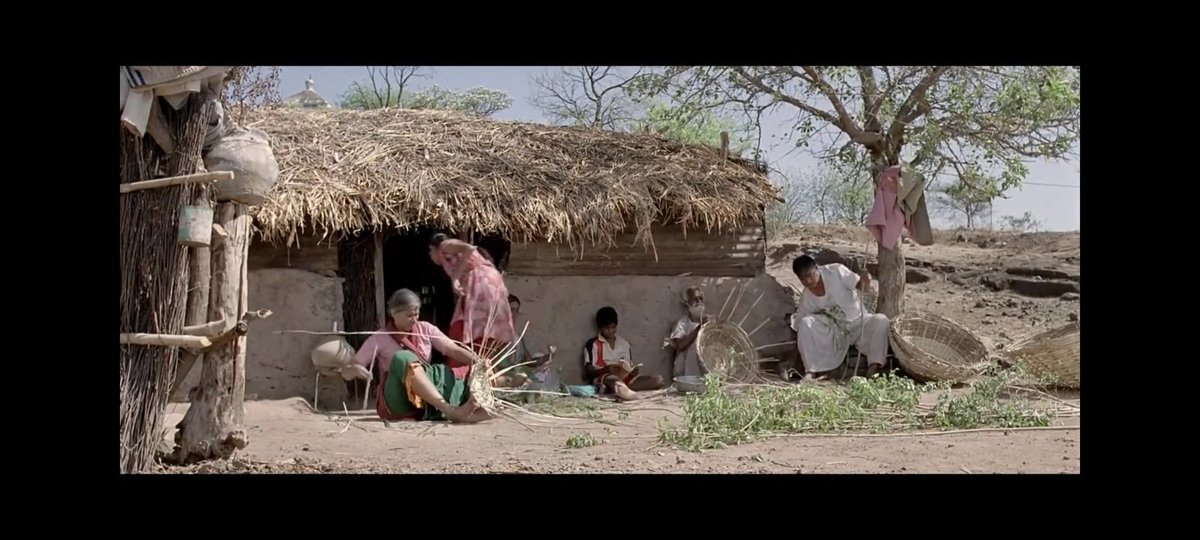M.K. Gandhi (1/3)
The Vedas, Upanishads, smritis and puranas, including the Ramayana and the Mahabharata, are the Hindu scriptures. There is no finite list. Every generation has added to the list.
The Vedas, Upanishads, smritis and puranas, including the Ramayana and the Mahabharata, are the Hindu scriptures. There is no finite list. Every generation has added to the list.
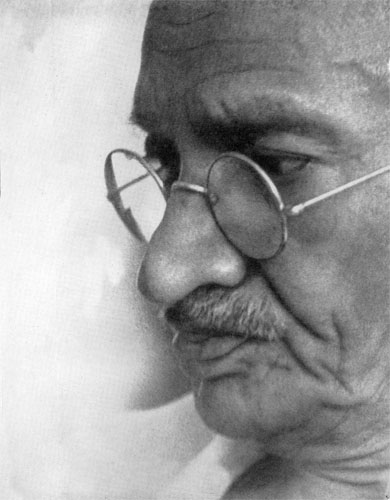
M.K. Gandhi (2/3)
Therefore, that everything printed or even found handwritten is not scripture. The #smritis, for example, contain many things that can never be accepted as a word from God. Thus, many texts which Dr #Ambedkar cites from smritis cannot be considered authentic.
Therefore, that everything printed or even found handwritten is not scripture. The #smritis, for example, contain many things that can never be accepted as a word from God. Thus, many texts which Dr #Ambedkar cites from smritis cannot be considered authentic.

M.K. Gandhi (3/3)
Even when you have an expurgated edition of the scriptures, you will need their interpretation. Who is the best interpreter? Not learned men surely. Religion lives in the experiences of its saints and seers.
#Gandhi #MahatmaGandhi #Ambedkar
Even when you have an expurgated edition of the scriptures, you will need their interpretation. Who is the best interpreter? Not learned men surely. Religion lives in the experiences of its saints and seers.
#Gandhi #MahatmaGandhi #Ambedkar
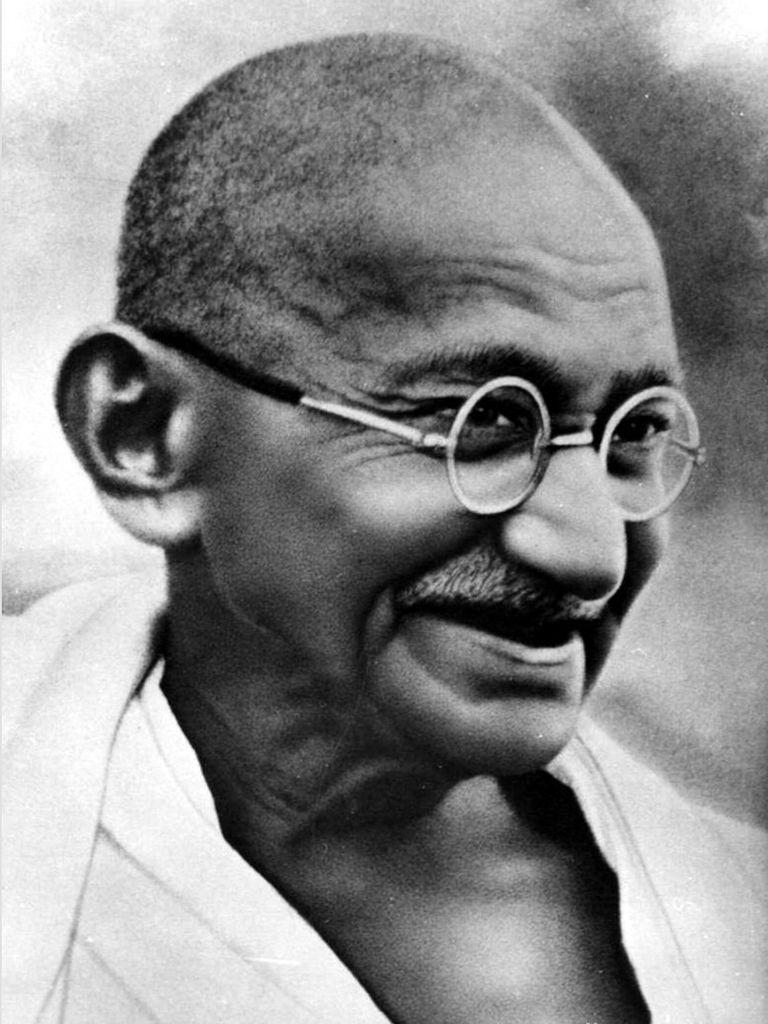
DR. Ambedkar (1/6)
I confess I am no authority on this matter. But I should like to state that the texts cited by me are all taken from the writings of the late Mr Tilak, who was a recognised authority on the #Sanskrit language & on the #Hindu shastras.
#Gandhi #Ambedkar #caste
I confess I am no authority on this matter. But I should like to state that the texts cited by me are all taken from the writings of the late Mr Tilak, who was a recognised authority on the #Sanskrit language & on the #Hindu shastras.
#Gandhi #Ambedkar #caste

Dr. Ambedkar (2/6)
His second point is that these shastras should be interpreted not by the learned but by the saints; and that as the saints have understood them the shastras do not support #Caste and #untouchability.
#Gandhi #Ambedkar #Caste
His second point is that these shastras should be interpreted not by the learned but by the saints; and that as the saints have understood them the shastras do not support #Caste and #untouchability.
#Gandhi #Ambedkar #Caste

Dr. Ambedkar (3/6)
What does it avail to anyone if the texts are interpolations, and if they have been differently interpreted by the saints? The masses do not make any distinction between texts which are genuine and texts which are interpolations.
#Ambedkar #MahatmaGandhi
What does it avail to anyone if the texts are interpolations, and if they have been differently interpreted by the saints? The masses do not make any distinction between texts which are genuine and texts which are interpolations.
#Ambedkar #MahatmaGandhi

Dr. Ambedkar (4/6)
The masses have no idea what the texts are. They are too illiterate to know what shastras are about. They believed what they were told, and what they were told is that the Shastra impose as their religious duty respect for the caste and the untouchability.
The masses have no idea what the texts are. They are too illiterate to know what shastras are about. They believed what they were told, and what they were told is that the Shastra impose as their religious duty respect for the caste and the untouchability.

Dr. Ambedkar (5/6)
With regard to the saints, one must admit that howsoever different and
elevating their teachings may have been as compared to those of the merely learned, they have been lamentably ineffective.
#MahatmaGandhi #Ambedkar #babasahebambedkar #Caste
With regard to the saints, one must admit that howsoever different and
elevating their teachings may have been as compared to those of the merely learned, they have been lamentably ineffective.
#MahatmaGandhi #Ambedkar #babasahebambedkar #Caste

Dr. Ambedkar (6/6)
They have been ineffective for two reasons. Firstly, none of the saints ever attacked the caste system. On the contrary—they were staunch believers in the system of castes.
They have been ineffective for two reasons. Firstly, none of the saints ever attacked the caste system. On the contrary—they were staunch believers in the system of castes.

The saints have never,
according to my study, carried on a campaign against caste and
untouchability. They were not concerned with the struggle between men.
They were concerned with the relation between man and god. They did not
preach that all men were equal.
according to my study, carried on a campaign against caste and
untouchability. They were not concerned with the struggle between men.
They were concerned with the relation between man and god. They did not
preach that all men were equal.
They preached that all men were equal in the
eyes of god—a very different and a very innocuous proposition, which
nobody can find difficult to preach or dangerous to believe in.
eyes of god—a very different and a very innocuous proposition, which
nobody can find difficult to preach or dangerous to believe in.
The second reason why the teachings of the saints proved ineffective was because the masses have been taught that a saint might break caste, but the common man must not. A saint therefore never became an example to follow. He always remained a pious man to be honoured.
That the masses have remained staunch believers in caste and untouchability shows that the pious lives and noble sermons of the saints have had no effect on their life and
conduct, as against the teachings of the shastras.
conduct, as against the teachings of the shastras.
Thus it can be a matter of no consolation that there were saints, or that there is a Mahatma who
understands the shastras differently from the learned few or ignorant many.
understands the shastras differently from the learned few or ignorant many.

• • •
Missing some Tweet in this thread? You can try to
force a refresh







